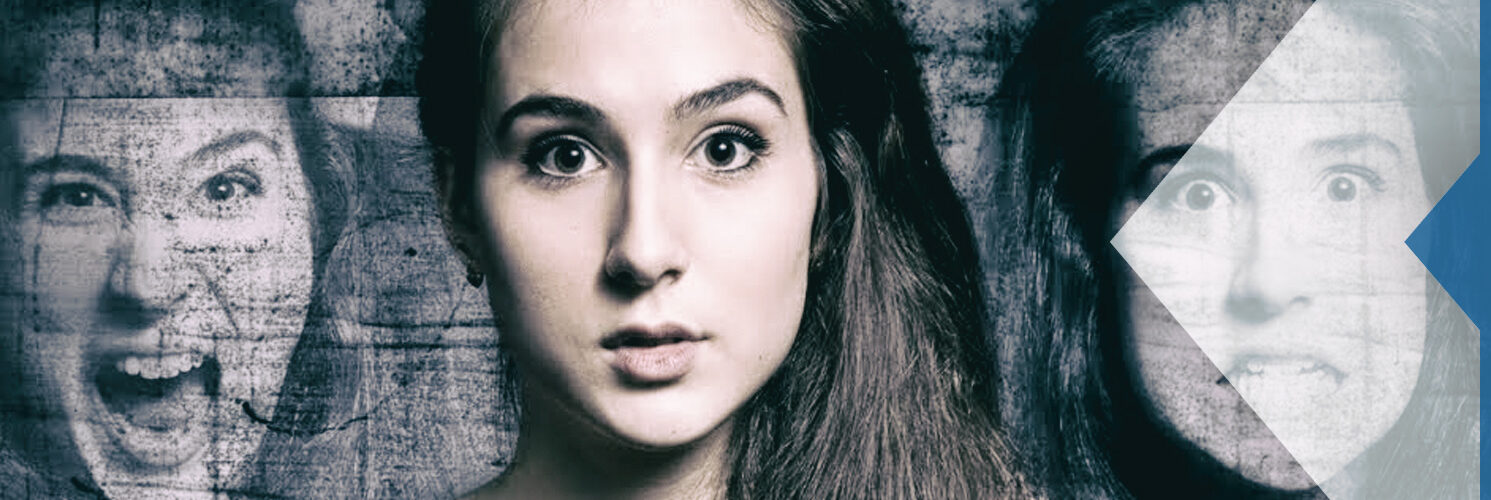A person with a personality disorder has trouble perceiving and relating to situations and people.
Personality disorder is a type of mental disorder in which you have a marked and unhealthy pattern of thinking, acting, and behaving. The person has two or more identities and has memory gaps for everyday events, important personal information, and traumatic or stressful events, as well as many other symptoms, such as depression and anxiety.
These maladaptive patterns of behavior have their onset in adolescence or early adulthood and are demonstrated in a variety of social and personal settings.
The most common symptoms are:
- Maladjustment.
- Problems for social relationships.
- Problems at work or at school.
- The existence of a personality disorder occurs when personality traits become so pronounced, rigid and maladaptive that the affected person has problems at work, school and in dealing with other people.
TREATMENT:
Psychotherapy, also called talk therapy, is the main treatment for personality disorders.
RECOMMENDATIONS:
- Know the disorder thoroughly.
- Involvement in the treatment and help in their daily lives.
- Acceptance of the situation.
- Validate the person.
- Express ourselves in an assertive way and active communication.
- Risk avoidance and anti-crisis protocol agreement.








